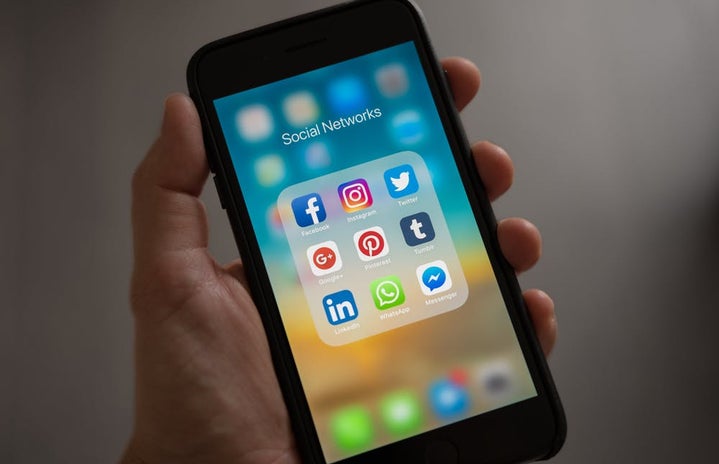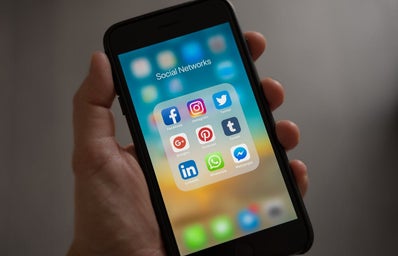The other day, in my Zoom English class, my professor had us go around and say what we thought of the novel we were reading. When my turn came, I said exactly what I had been mentally rehearsing while everyone else was saying their thing. An un-noteworthy interaction, until I happened to look at my phone. Now, I must say, I don’t normally look at my phone during class because I am a goody-two-shoes, but on this one particular day, I felt an urge to take a peek at my notifications.
Usually, there’s nothing remarkable, maybe a news alert or two, but today, there were three messages from a friend repeating and agreeing with what I had just said. And no, the text messages weren’t from someone in the class, so naturally I was convinced that someone was stalking me, Pretty Little Liars style, and had hacked into my friend’s phone. Instead of just texting the person and asking a simple Huh? or What? or coming to a logical conclusion that she was with someone in my class and overheard me, I spent the whole class, spiraling, googling, and planning what I would have to tell my professors when I would go into the Witness Protection Program. (Not going to lie, in this extreme planning, I was a bit relieved to think that I might not have to write the paper that was due the next day because, surely, I was going to be on the phone with the FBI in a matter of hours.)
Well, turns out, I wasn’t being stalked or hacked, or else I wouldn’t be writing this article because as I said, I would have found a way to enroll into the Witness Protection Program. Eventually, I pocketed away my paranoia of modern-day technology, thinking my dramatics of the day stemmed from me looking for a more interesting life, one not plagued with Zoom fatigue and email overload.
But then I watched The Social Dilemma on Netflix, and plot twist: my paranoia was completely validated (which never happens for me). The documentary-drama hybrid explores the dangers of social media, and it’s not the run-of-the-mill catfishing and cyberbullying speech you would get at a middle-school assembly. The documentary reveals that there’s so much more behind every click on social media. Social media has real, substantial consequences in the world–from mental health to democracy to discrimination–all because of the algorithms software engineers created to ensure that ads would spread to the right demographic, to the right user. Of course, none of these software engineers, who were the interviewees, could have ever predicted this outcome. Still, in their interviews, they admitted that while creating these algorithms, they intentionally learned and exploited human psychology in order to create a more addictive app that would lead to more clicks and more money for them. (Ever wonder about why you get notifications that someone has tagged you in a photo? Well, it’s because some engineer wanted you to come back to their app and spend more time on it, in the hopes that you would come across an ad that you like.)
At the end of the documentary, I was left feeling defeated and overwhelmed that our capitalist society was headed for imminent disaster. Honestly, it left me more unsettled and afraid than I was hours before when I had finished the Ratched thriller series. And because of this, I highly recommend that anyone watch this film–it’s something that’s just too relevant not to watch. And if you don’t trust my opinion, The Guardian calls it “a wake-up call for a world drunk on dopamine” while a Los Angeles Times critic writes, “Jeff Orlowski’s ‘The Social Dilemma’ may be the most important documentary you see this year.”
So go ahead, take advantage of your Netflix subscription if you have one–heck, have a Netflix party–and watch The Social Dilemma. You won’t regret it, but you may lose sleep over it and want to throw your phone into a river.


